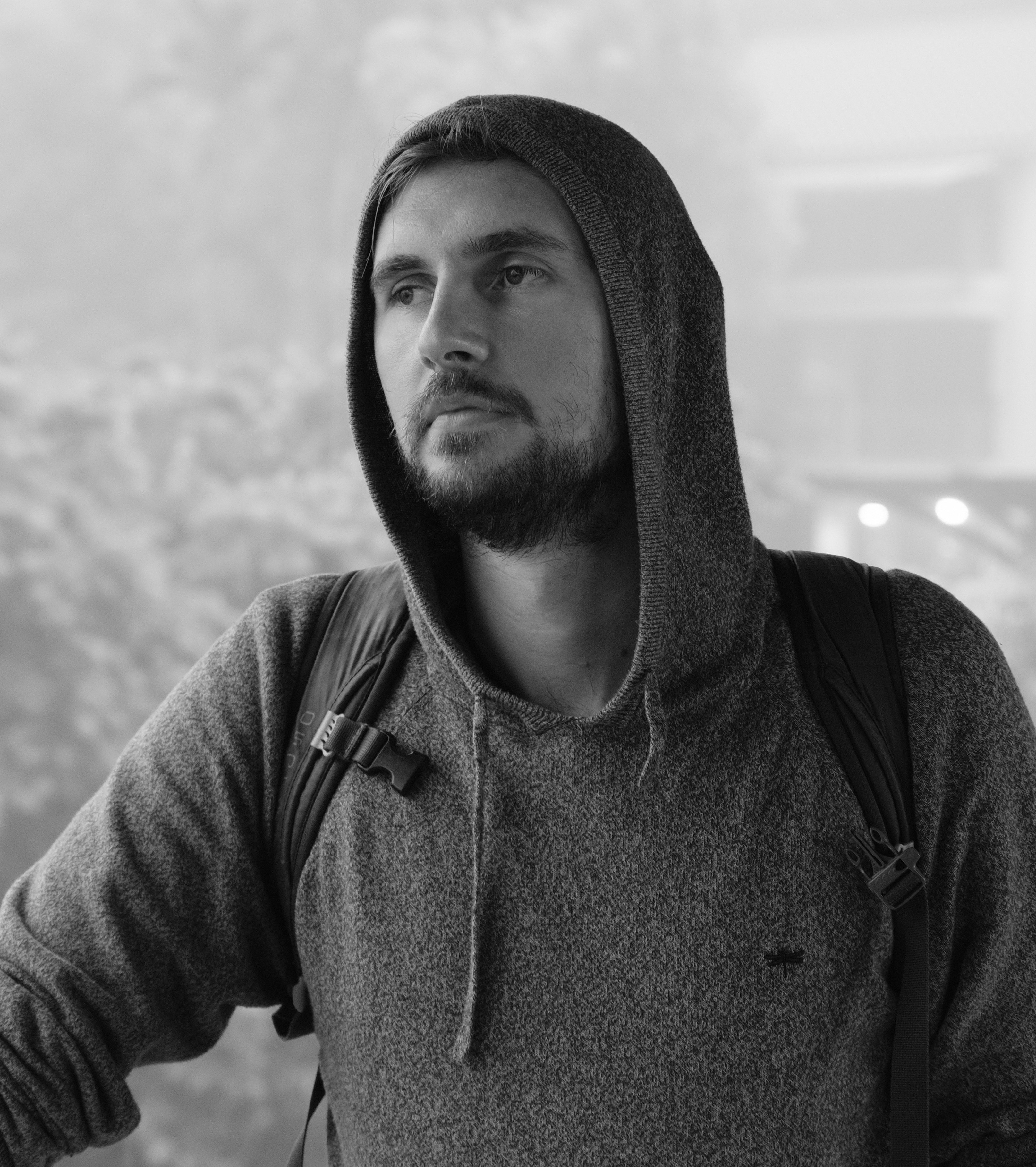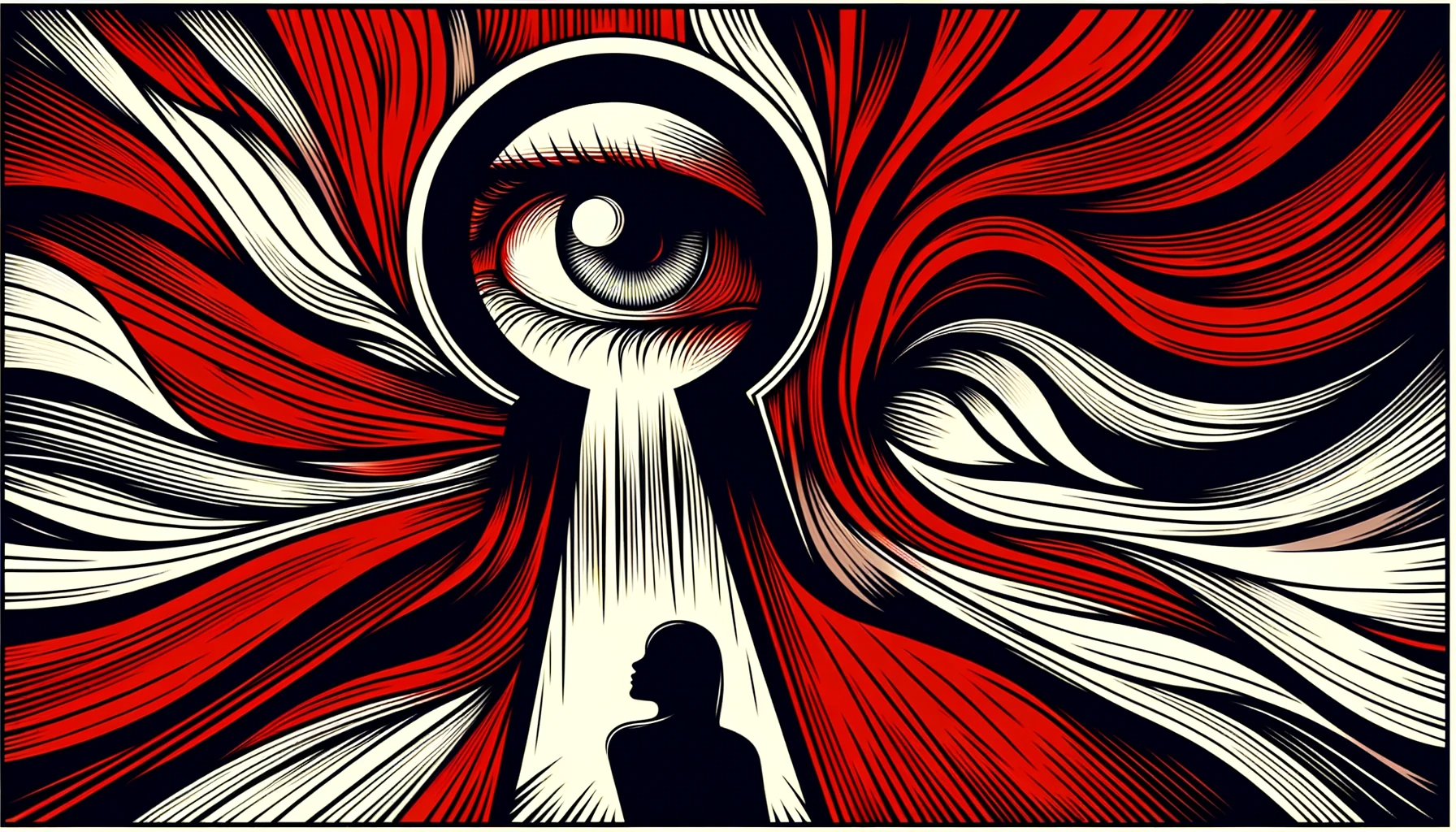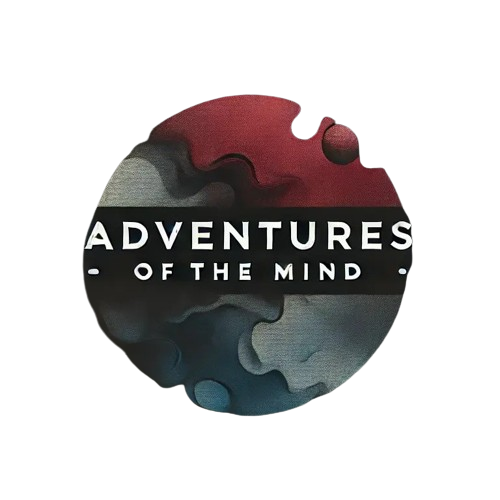Embracing an Experimental Life
Published by Ben Worrall 19th October 2024

I’ve previously stated that one of the main objectives of personal growth is developing a greater understanding of oneself, the world, and how these interact. But the question arises: how exactly do we discover more about ourselves and the world?
One option would be to buy into the second-hand answers passed down to us from perceived authorities. We need to start somewhere, and these established ideas, which have been pushed onto us since the very beginning of our lives, are helpful in building a foundational understanding. Ultimately, however, they may not provide a complete picture.
Why?
First, as we’ve seen repeatedly throughout history, the dominant beliefs of a culture have often been later proven wrong or flawed in some way. Knowing this, how can we be sure that the ‘truths’ presented to us now are reliable?
Second, as I discussed in my essay on personality, society’s solutions are meant to provide handrails to get the average person through life and keep them constructive — they are not tailored to you as an individual and therefore might not be appropriate for you.
If we can’t fully trust the easy answers, the only other option is to take personal responsibility for finding our own answers. The way to do this is by collecting vast amounts of first-hand experience. And this experience is collected through experimentation.
What do I mean by experimentation?
I mean having a skeptical, yet open-minded, approach towards everything and using your awareness to investigate each possibility to determine if it is valuable, true, or both.
There are two main types of experimentation:
External experimentation — your focus is on the external world. You use your powers of observation to determine the behaviour of nature. This is what modern science is attempting to do.
Self-experimentation — you are both the conductor and the subject of your experiments. Instead of relying on external measurements, you participate in the experiments and assess the results based on your direct experience.
While both these types of experimentation are valuable and can teach you much about yourself and the world, I want to focus on the second type here.
Self-experimentation is not so familiar because, as I said previously, we’re taught to search for answers and solve our problems based on the leanings of our birth culture. However, it’s a powerful approach to learning that can transform our understanding.
Here are some examples of self-experimentation in action:
You’re unsure about what to pursue as a career or a hobby, so you experiment with a range of different options until one of them clicks with you.
You have a medical issue and experiment with possible cures before hopefully finding one that works for your unique situation.
As an explorer of the mind, you try various meditative techniques to find out what produces insights for you and what doesn’t.
You travel to and live in various countries until you find one that makes you feel at home.
You experiment with different relationships before finding the right fit.
You experiment by studying many worldviews and philosophies and picking aspects of each that resonate with you.
The point is to use self-experimentation to solve problems and find answers that improve your life or move you closer to your goals. To do this, you need to investigate possibilities with earnestness rather than dismissing them without even bothering to try them out.
Modern science is limited here. While objective research has provided us with vast amounts of knowledge and has improved all of our lives, it often overlooks the value of subjective experience. Potential data that can only be attained through first-hand experience is largely missing from the dominant worldview. Understanding sometimes requires direct participation, which is a point often overlooked today.
You’re developing the mindset of a creator
By taking responsibility and experimenting, you refuse to let yourself be a victim of whatever situation you find yourself in. You’re deciding to make the most of the gift of existence by using it to explore and search for truth and meaning in a world that wants to provide it for you. You’re writing your destiny by getting to know yourself and working through your problems.
If you think of yourself as a creator and your life as your creation, then everything you do is just an experiment. Life becomes fun again. You take the pressure off; not everything you try needs to feel like life or death because you’re just experimenting. This is where passion is born — the same passion you felt when you were a child and experimentation was what life was all about.
This attitude is what’s going to separate you, provide unique opportunities, and help you develop the wisdom of someone in their twilight years.
The dangers of experimentation
I try my best to provide a balanced view of the subjects I write about, so it’s only fair that I talk about the dark side of self-experimentation and the potential problems that come with taking this approach to life.
First off, experimentation is inherently dangerous. It’s a dance with the unknown. The earliest of our ancestors, who were tasked with venturing into the jungle and trying out different leaves and berries, would have found this out the hard way. Danger needs to be taken into account, especially with self-experimentation, and you should be careful not to put yourself in harm’s way.
Secondly, experimentation can become an addiction. You might end up spending the rest of your life trying new things without building a solid and meaningful life around the discoveries that fit you best. There’s nothing inherently wrong with this, but you’ll likely never get the practical results from your experiments that you were hoping for in the first place.
Adventures of the mind
One of the reasons I write these articles is because I love the idea of exploring the mind and sharing what I’m learning. I want to figure out what it means to be a human being. I want to discover the secrets of life — really, that’s my main motivation here.
If you’re anything like me and find these types of questions fascinating, then you’re probably going to feel unfulfilled if you spend your life like everyone else, never experimenting with the almost infinite possibilities that make up the canvas we call reality.
What I find fascinating is that we take for granted that we understand who we are and how we operate, when really, the human system that you call yourself is a mystery. Humanity’s biological secrets are quickly being uncovered by science. The depths of the psyche, however, still remain relatively unexplored. Exploring these areas isn’t going to be tackled by science because it’s focused on the objective and the external. The responsibility falls on you to traverse your subjective experience and figure out what’s going on there.
These are your adventures of the mind, which is going to be the rebranded name of my newsletter from this point onwards.
And so my call to you is simple: follow along with these ideas, do your own research, and most importantly, begin to see yourself as a unique science project that needs to be the focus of self-experimentation to be fully understood.
Ben Worrall





